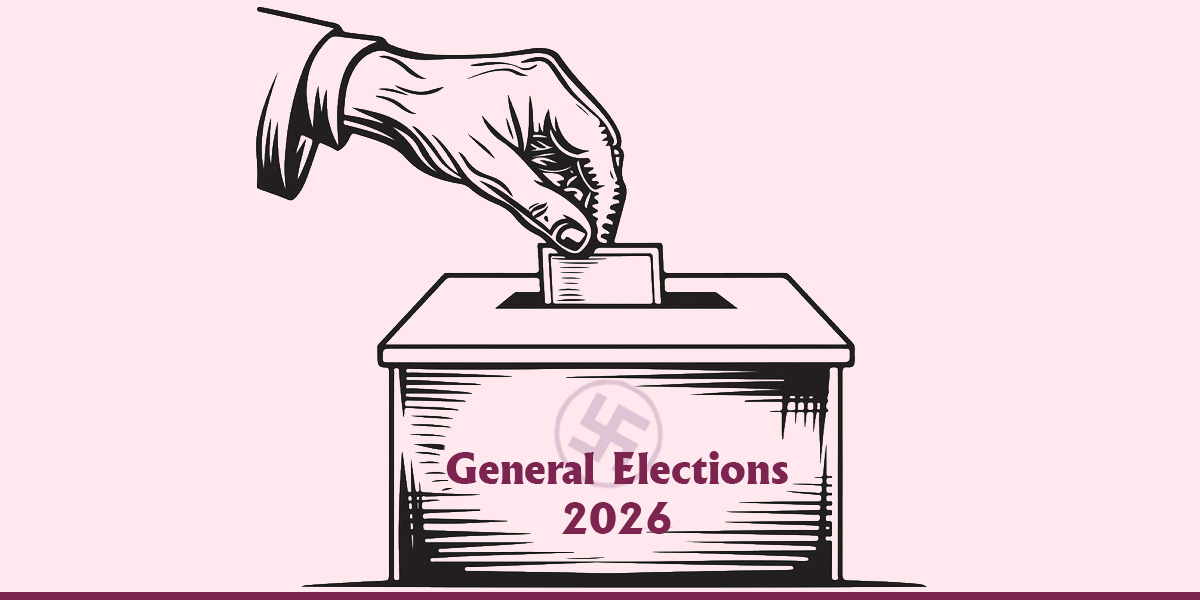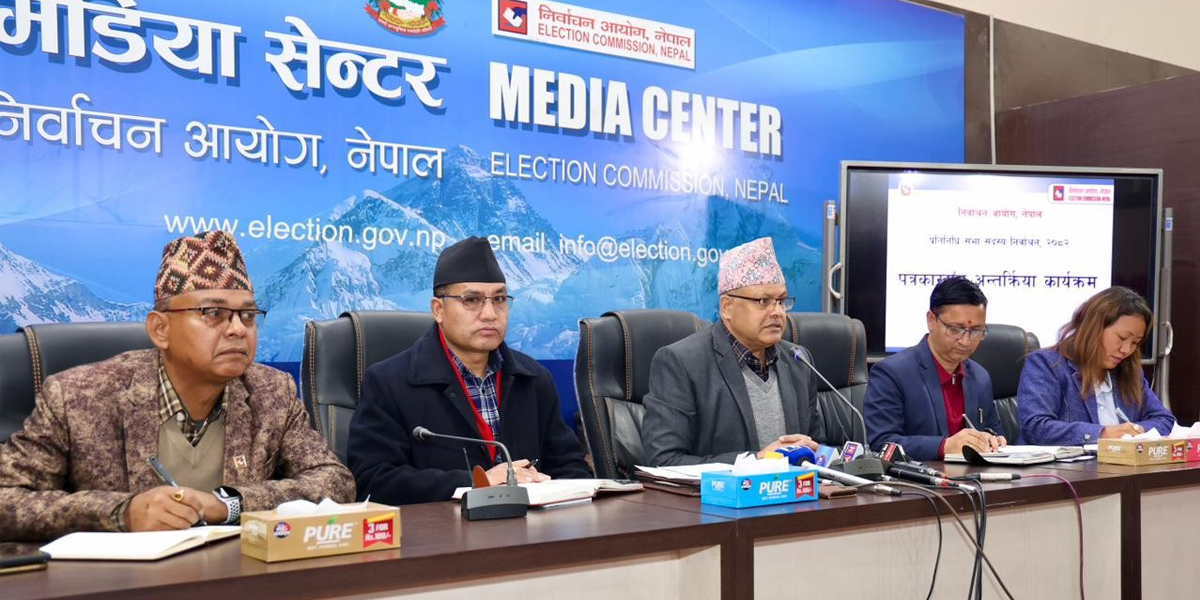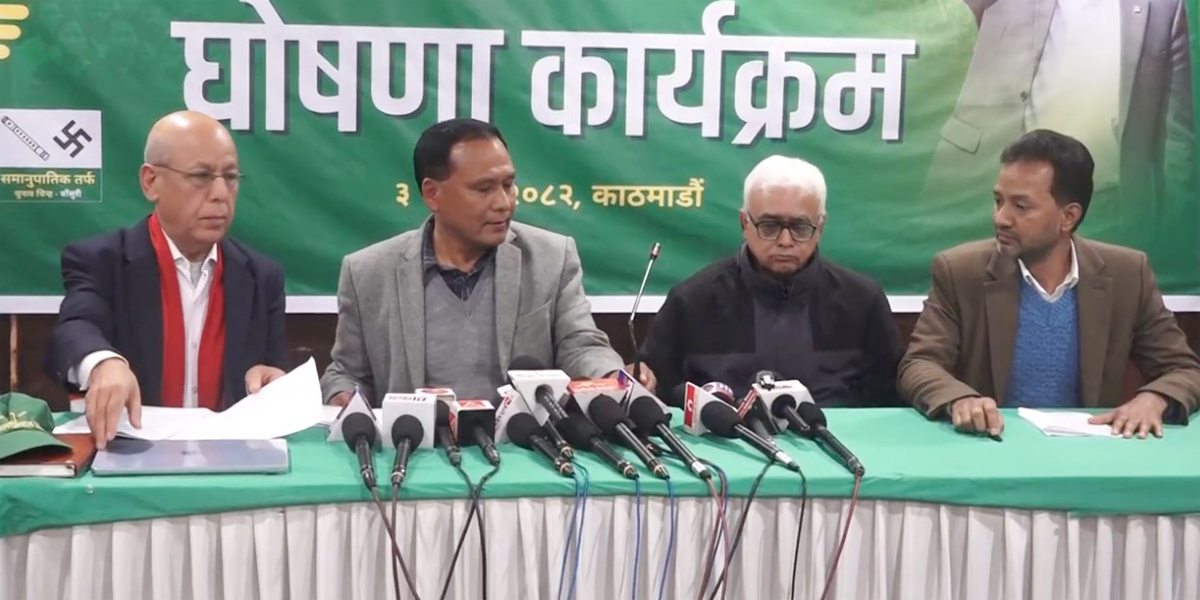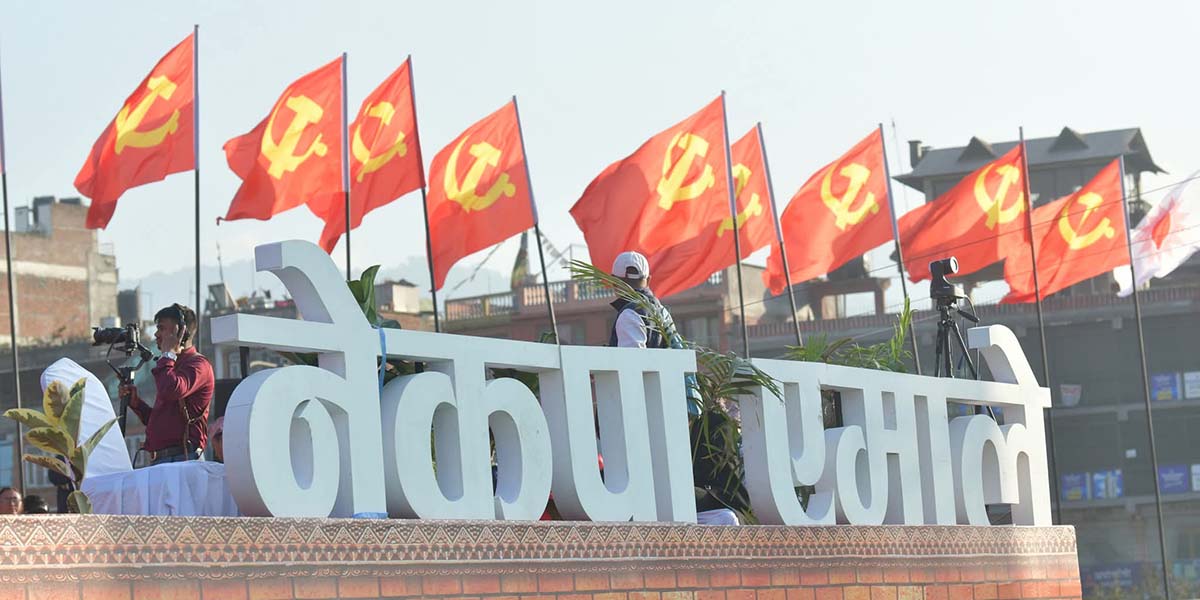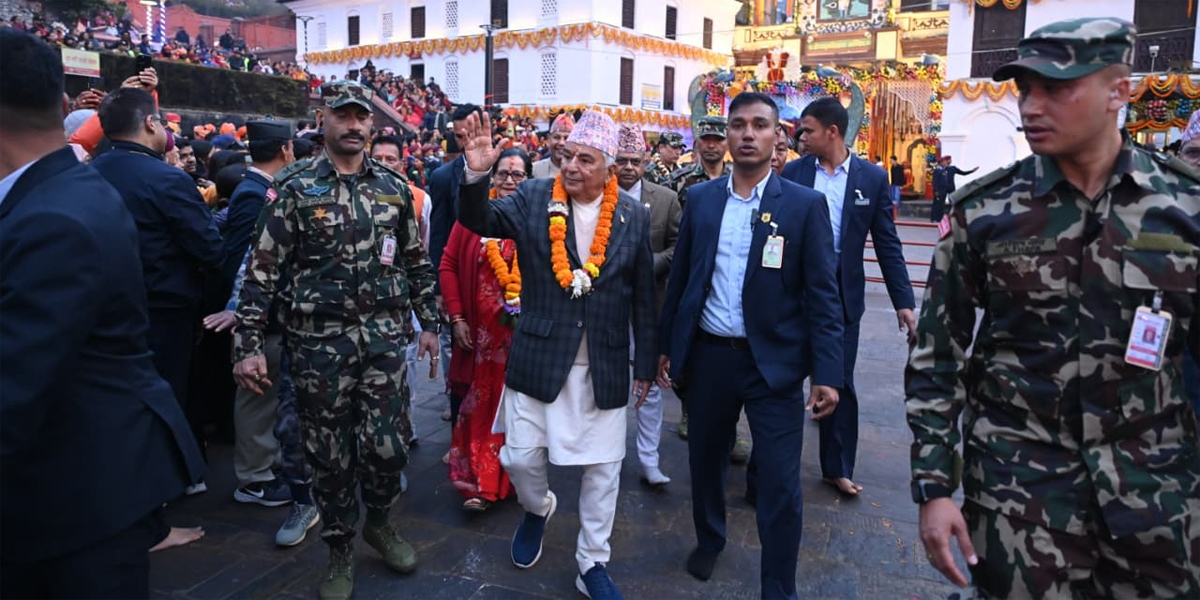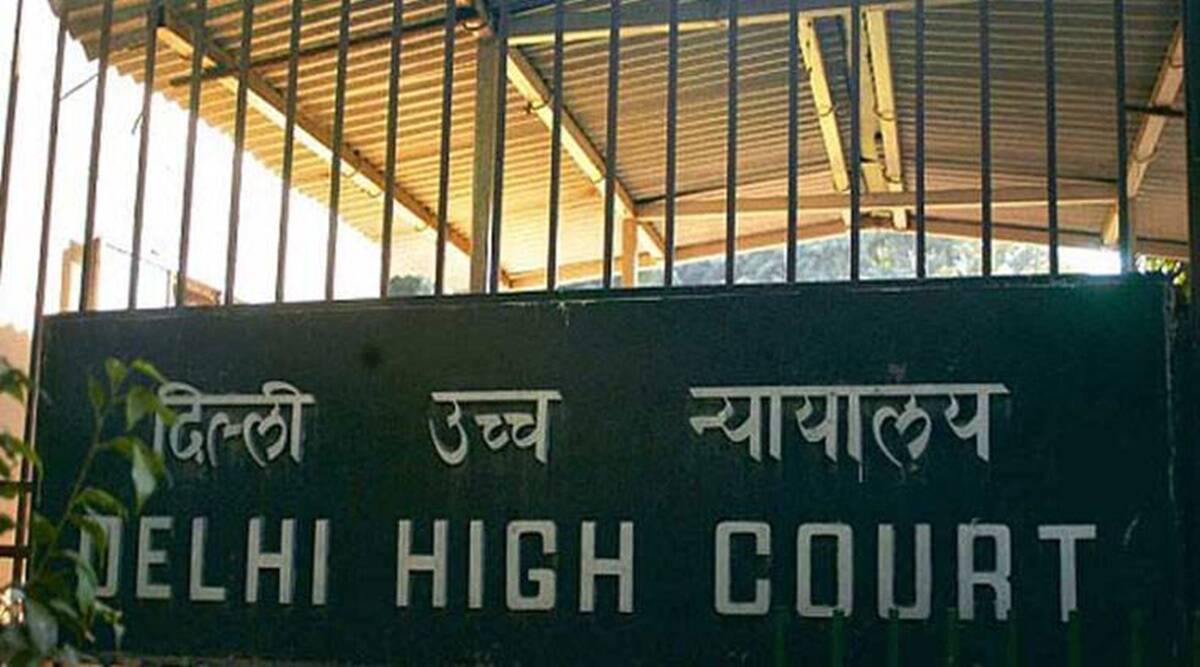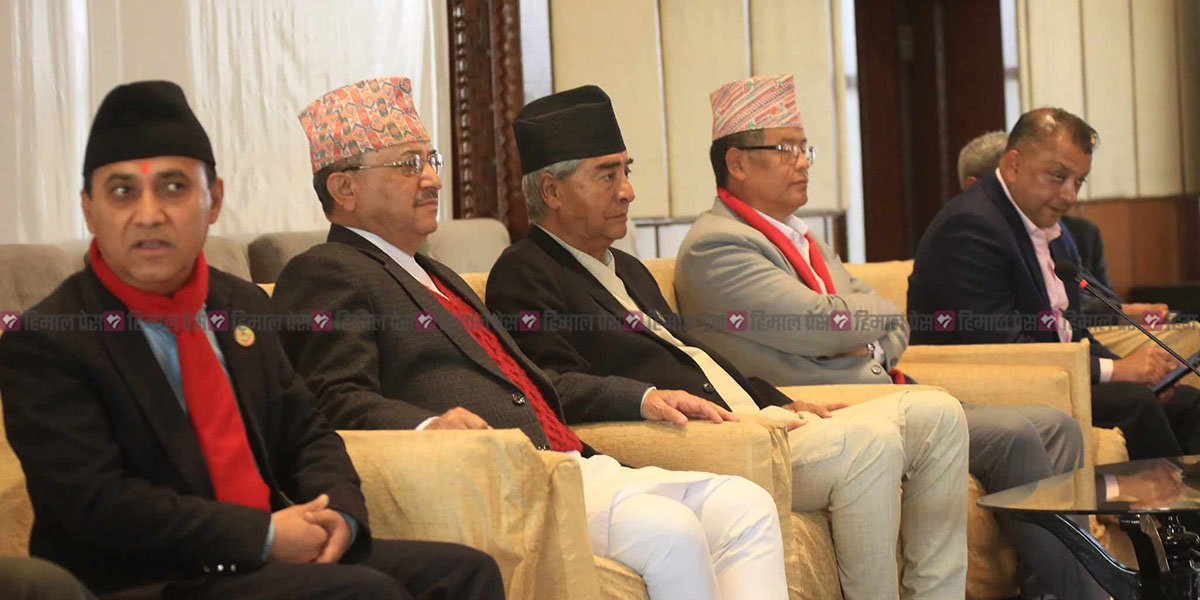 File Photo
File Photo
KATHMANDU: Nepali Congress (NC) lawmakers have raised concerns about the necessity of the ordinances issued recently by the government.
During a parliamentary party meeting held at the Federal Parliament Building on Monday, several lawmakers questioned why the government, which holds a majority with the support of two major parties, resorted to issuing ordinances instead of presenting bills in the House of Representatives.
“The government has the constitutional authority to issue ordinances, and there is no dispute over that. However, why did a majority government formed by two major parties need to bring ordinances? They could have simply presented bills in the House of Representatives,” said one lawmaker, quoting the sentiments expressed during the meeting.
While acknowledging the government’s constitutional authority to issue ordinances, lawmakers argued that such measures were unnecessary when a legislative majority exists. “Why resort to an ordinance when a bill could have been tabled in the House? This could have been deliberated among us first,” a lawmaker said during the meeting.
The lawmakers also expressed dissatisfaction with the slow progress in development projects and the underutilization of the development budget. They urged the leadership to consult them on political appointments and emphasized the need to pass critical laws, including the Police Act and Civil Service Act, during the upcoming winter session of Parliament.
Highlighting the limited legislative output so far, with only 10-11 laws passed, the NC lawmakers called for more robust efforts to make Parliament active and accelerate the legislative process.
Some lawmakers raised specific issues, including the lack of fertilizer for farmers, delays in constructing major infrastructure like the Hulaki Highway, BP Highway and Kamala Bridge, and the need for greater urgency in addressing these challenges.
While saying that the government has its own challenges, Deuba acknowledged the significance of the issues raised in the meeting, such as the slow pace of development work and farmers’ hardships. He instructed the party’s lawmakers to present a united front during the winter session starting on January 31.
During the meeting, three experts involved in drafting the ordinances briefed the party on its content and justification.
The next meeting of NC’s parliamentary party meeting is scheduled for 8:30 am on January 31. Senior leaders and ministers are expected to respond to concerns raised by lawmakers during the meeting.

 Himal Press
Himal Press 